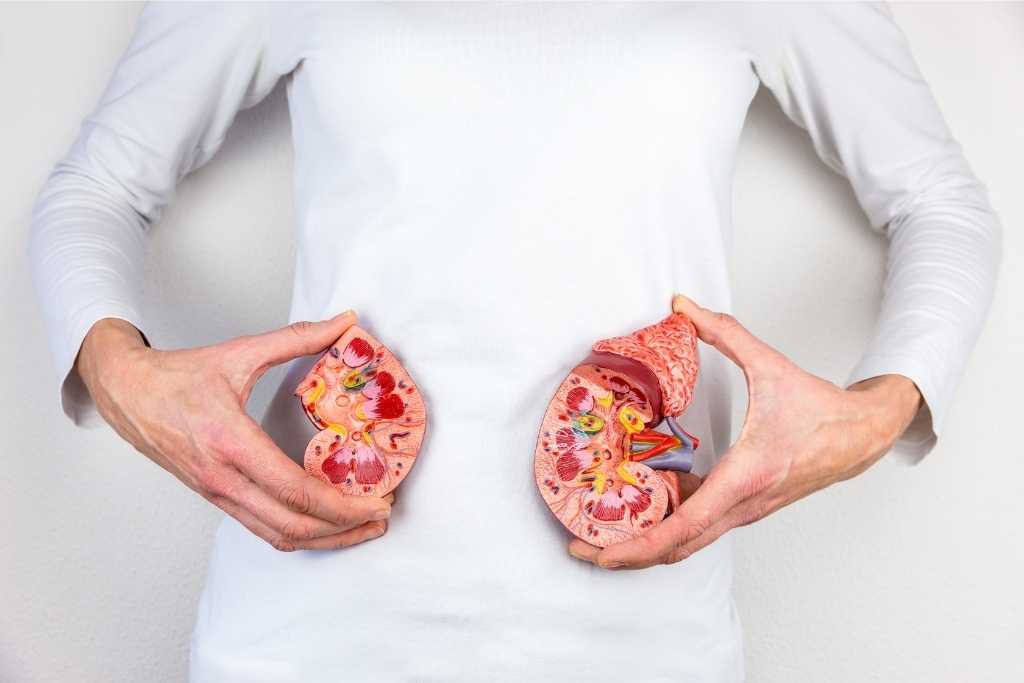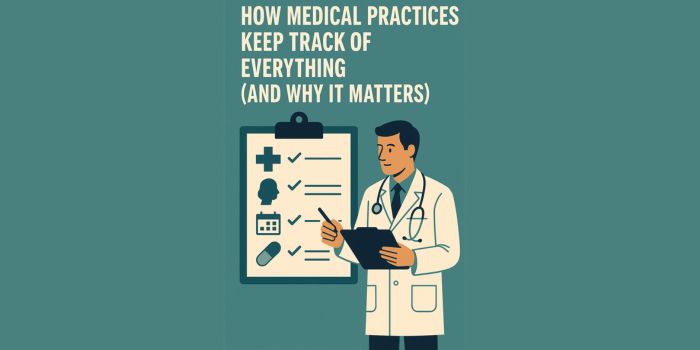Kidneys are incredibly important organs that often get overlooked. These small but vital organs help to filter excess fluid and waste from our bodies, keeping our systems toxin-free and transforming waste into something that can be easily passed.
Unfortunately, sometimes kidney disease and kidney failure affect these essential organs. The most common causes of kidney failure include high blood pressure and diabetes, though kidney failure or kidney disease can also be caused by physical injury or other diseases or disorders. While there is no cure for kidney failure, with treatment, symptoms can be minimized and kidneys can return to near 100% function.
What Are the Symptoms of Kidney Disease?
There are a number of symptoms that indicate the onset of kidney disease. These include:
- High blood pressure that is difficult to control
- Nausea
- Vomiting
- Sleep problems
- Changes in urination
- Difficulty sleeping
- Shortness of breath or chest pain if there is fluid buildup
Many of these symptoms can also be indicative of other issues, so it is important to contact your doctor if you are experiencing any of these – especially if you notice multiple symptoms at once. Simple tests can be done that can rule out the problem of kidney disease or tell you if you have it, and your doctor can immediately begin any necessary treatment to help with any issues.
Read here : What should people suffering from Kidney disease eat?
Long-Term Issues With Kidney Disease
Many long-term issues are associated with kidney failure and kidney disease and can become very difficult to control if the underlying cause is not treated properly.
Anemia can also be associated with kidney disease. The kidneys are one of the organs in your body that helps produce red blood cells, and if the kidneys are malfunctioning, the red blood cells cannot be produced. Bone disease is also possible with long-term kidney failure. The kidneys can no longer regulate the phosphorus in your body, leading to bone density issues and the possibility of brittle, diseased bones.
Neuropathy and Kidney Disease
Another surprising issue that can come up with kidney disease and the resulting treatment is kidney neuropathy. As one of the more prevalent complications of chronic kidney disease (CKD), neuropathy is a type of nerve damage. This condition can cause tingling, numbness, pain, and possibly other strange sensations in the peripheral nerves, or nerve endings, in the arms and legs and can manifest in up to 90% of CKD cases.
While it is not known what part of kidney failure can lead to neuropathy, many things have been shown to contribute to it. This includes nerve degeneration, nutrient imbalances, and even the dialysis treatment that is used to combat kidney failure. Neuropathy can also be caused by some of the issues that lead to kidney failure itself, further compounding the problem.
What Can Help Neuropathy?
The nerve damage that causes neuropathy and results from kidney failure and kidney disease is not reversible, but there are a number of measures that can be taken to help the pain and discomfort, as well as prevent the damage from getting any worse. Topical pain relievers can be helpful for pain, and prescription medications may help by disrupting the signals that are sent to certain nerves.
Other options for helping neuropathy may include surgeries and therapies. If the neuropathy has resulted in carpal or cubital tunnel syndrome, surgery can help relieve pressure on the nerves and prevent further pain and numbness in the associated extremities. Acupuncture, which has been proven to affect nerve function, may also allow for some temporary relief. Finally, the use of an electrical nerve stimulation device (such as a TENS unit) might be a passively helpful way to alleviate pain.
While neuropathy is an unfortunate side effect of kidney failure and kidney disease, it is something that can be relieved by a focus on regular therapeutic routines and the help of a doctor. As it stands, doctors are discovering more every day about how kidneys function and are formed. In turn, this is giving hope for the future of eventual cures, as well as better ways to combat the symptoms of this condition.




